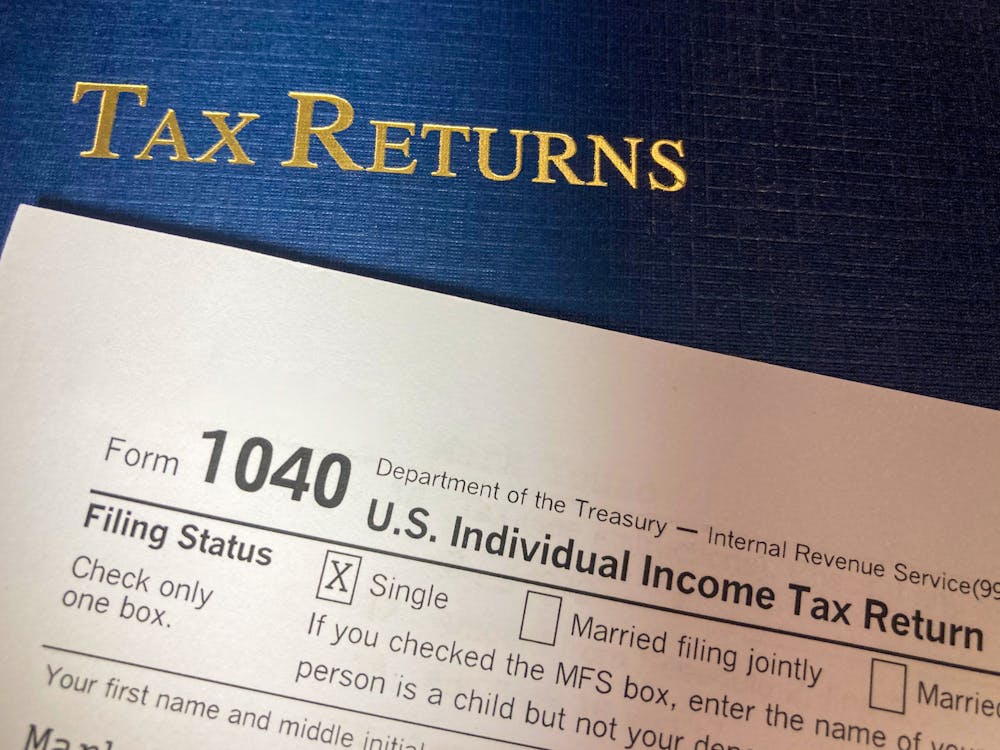
What Will Happen if You Max Out Your Credit Cards?
Living without a credit card is almost impossible today. Always-on-demand credit has become an integral part of your life, providing convenience and purchasing power.
But with a seemingly endless credit limit — often worth more than the cash you have on hand at any given time — the plastic in your wallet poses some risk to your finances. If you aren’t careful, you can max out these accounts.
Maxing out your credit cards means you have used your full limit and have no more credit available until you pay off what you used. Keep scrolling to see why this bad habit harms your overall financial well-being.
Table of Contents
The 5 Major Pitfalls of Maxing Out Credit Cards
Knowing what happens when you max out these cards can help you realize the damage you cause.
1. You Lose Your Safety Net
Right away, you lose one of the most important financial tools, your safety net. That means you can’t fall back on your credit card to help when an unexpected expense proves too much for your budget.
A possible alternative is an online loan. While some cybersecurity concerns about taking out a loan online may exist, you can protect yourself when borrowing by choosing to work with legitimate online loan companies. Legitimate financial institutions follow all local lending laws and encourage responsible borrowing to help you find a solution that works with your budget.
2. You Accrue More Interest
When your credit card is maxed out, any additional charges may incur hefty interest fees. These fees add up quickly if this account comes with a high interest rate.
3. Possible Late Fees and Other Penalties
When you’re dealing with extra interest, you might struggle to pay your minimum payment on time. Late payments can result in additional fees and penalties, further compounding your financial burden.
4. Possible Credit Damage
Your utilization ratio plays a significant role in determining your credit score. This ratio compares your credit card balances to the total credit limit available.
You should never let your ratio exceed 30%. By maxing out your cards, you hit a 100% utilization ratio, which may negatively impact your score.
Damage to your credit score might make it harder to secure online loans with the biggest banks. If you need help with bad credit, you might find greater options through legitimate online loan companies.
5. You Might Get Stuck in the Debt Cycle
Relying heavily on credit cards without a clear repayment plan can lead to a vicious cycle of debt. Mounting credit card balances often makes paying anything but the minimum monthly payments impossible. Simple math shows that making only the minimum will prolong the repayment process and increase what you pay in interest.
Tips to Avoid Maxing Out Your Credit Cards
Try these tips to steer clear of maxing out your credit cards and maintain a healthier financial outlook.
- Follow the 50-30-20 Budget and stick to it.
- Track your expenses regularly.
- Use credit cards like they are cash, so only what you can pay upfront.
- Consider not using these accounts at all.
- Build an emergency fund for unexpected expenses to reduce your reliance on online loans.
- Pay your bills on time to avoid late fees and damage to your credit score.
- Consider consolidating your debt with a lower interest rate.
- Seek financial guidance if needed to manage debt and improve budgeting skills.
Maxing out your credit cards can happen to the best of us. If you’re dealing with this issue today, try out these tips to pay off your debts.


